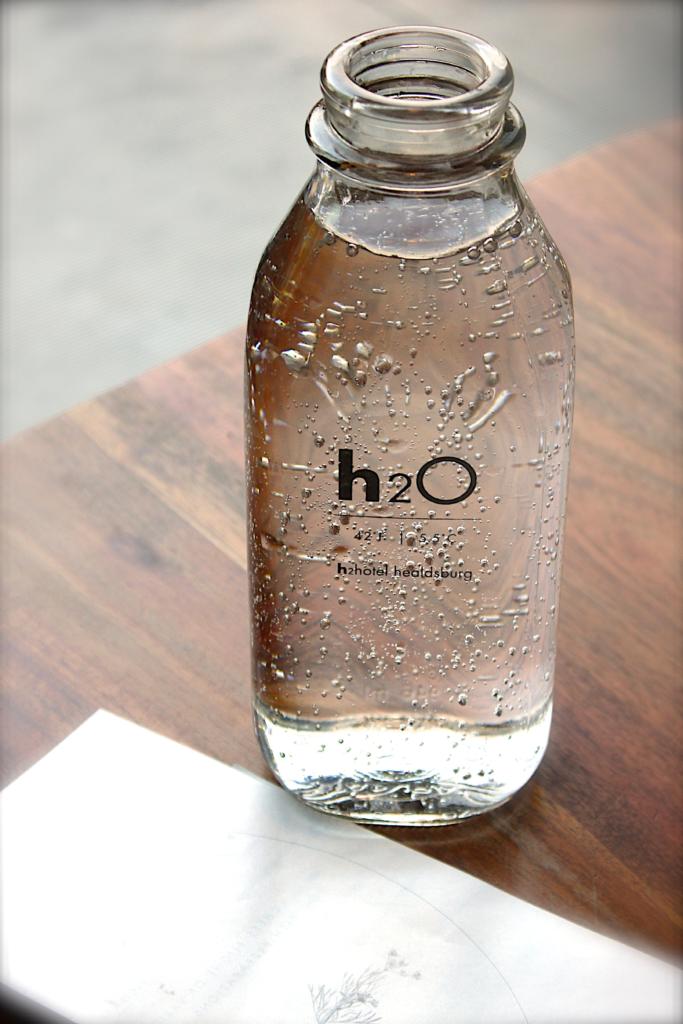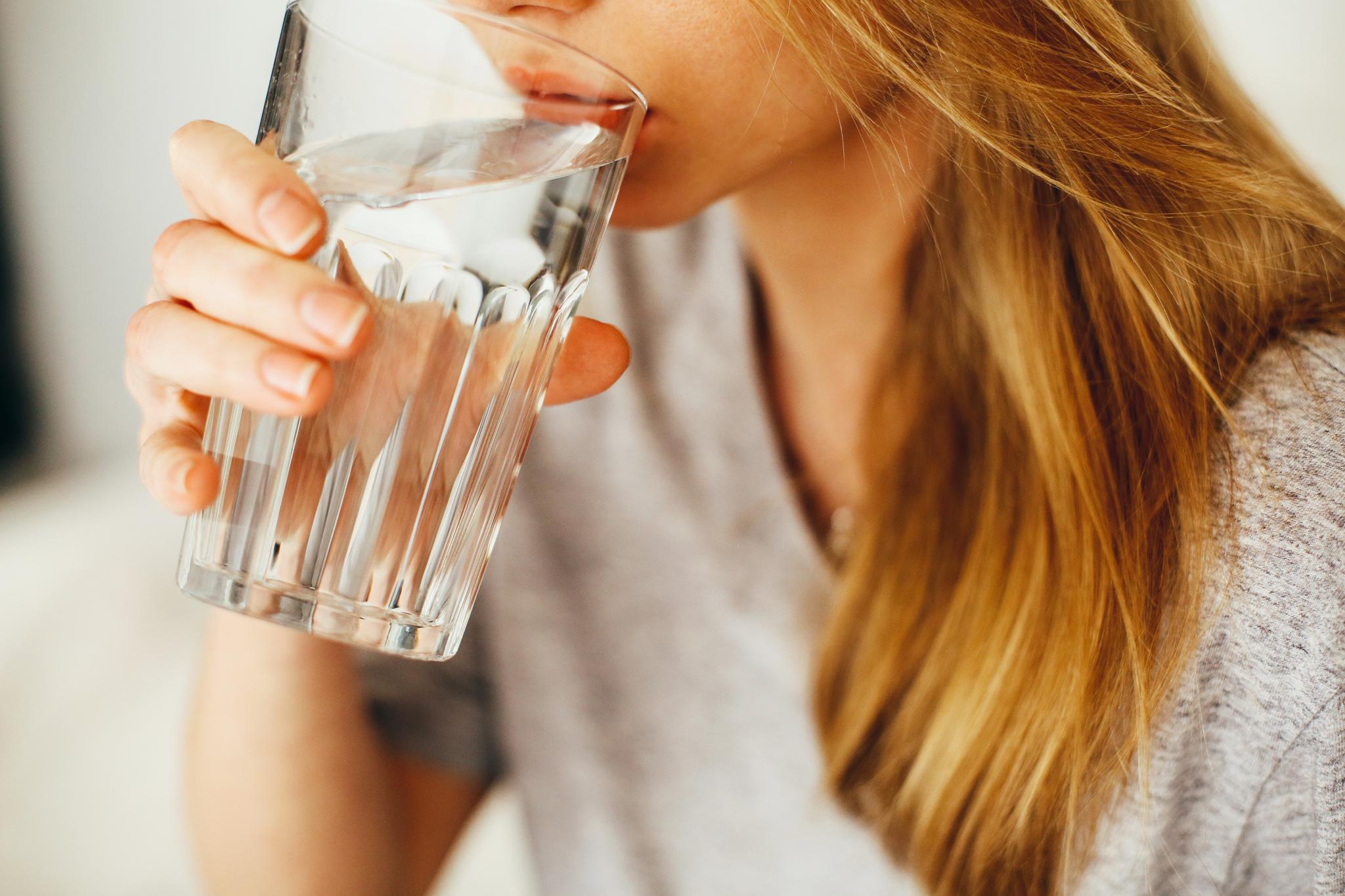As consumers, we are forever being told that hard water is damaging not just for our homes, but also for our body.
Although stuffed full of vital vitamins such as calcium and magnesium collected from underground waterways, hard water can cause damage and destruction to our household applicants in the form of limescale. Through prolonged use of hard water, it has also been found that hard water can cause dry and flaky skin and increase our chances of dandruff.
With treatments for water softeners on the rise and with many of us bringing soft water treatments into our homes, it is often asked, is drinking soft water when pregnant safe?
We take a look at the facts behind drinking soft water and the importance of staying hydrated when pregnant, helping you to make a clear judgement for yourself.
Whether discovering the consequences of a high sodium intake, to the development of your newborn baby’s kidneys, the choice of water you choose to drink is important not just for your health but also that of your unborn child.

Soft Water
Why do we soften our water? And who needs it most?
Originally designed to remove limescale and reduce the destruction of hard water to our household appliances, soft water is a top choice for many households across the country.
For those households living within a hard water area, soft water can be a lifesaver.
Removing the need to replace home accessories such as kettles; investing in a water softener can save money on running costs while improving efficiency for years to come.
Designed to restore the effect of hard water after years of damage, drinking soft water is ideally not to be drunk in large quantities.
For the majority of the population with a low sodium intake, soft water can be beneficial and cause little effect on their overall well being.
Sodium Intake
When softening hard water, ion exchange is conducted to remove the hard minerals.
Ion exchange is used to explain when sodium is added to the water, removing all minerals, including calcium and magnesium that can cause havoc on our homes.
Although important to our health, the daily allowance of sodium for a person who is pregnant, nursing or has high blood pressure is 1,500 milligrams a day.
With an average of 50mg of sodium added to a litre of water, although not high, you are at a higher risk of consuming far too much sodium if you continue to drink soft water when pregnant.
Hydration
As your baby grows throughout the course of the pregnancy, the importance of water to not just your health, but the health of your baby becomes more and more important.
With your growing unborn baby made up of 75% water, keeping your water levels replenished is vital now more than ever.
But where do these water levels come from? Drinking water, of course!
Throughout your pregnancy, it is recommended that to keep both you and the baby hydrated, an average of 12-13 cups of water are to be drunk and enjoyed on a daily basis.
Baby Feed
Although there is currently no clear evidence of the effects of drinking softened water long term when pregnant, it is recommended to avoid soft water when feeding your newborn.
Soft water is recommended to be avoided when preparing baby feed for newborn babies aged six weeks and under.
This is because the kidneys of small young babies under the age of six weeks have yet had the chance to develop. As their kidneys have not yet developed, your baby is unable to handle the high levels of sodium that soft water contains.
It has also been found that by giving young babies soft water, it can cause imbalance and dehydration, a risk no new mother wants to take.
Tap Water

For those expecting parents worried about the effects of drinking softened water, tap water equally might not be a wise solution.
When treating tap water, chlorine is mixed together with the other minerals to create a clean and safe drinking fluid. On some occasions, it has been found that chlorine mixed with minerals have reacted to create chloroform.
Chloroform, when drunk by a pregnant woman, can increase the risk of miscarriage and poor fetal growth.
Tap water can also carry risks of contamination from lead as well as pesticides, however the UK has one of the safest, drinkable tap water in the world and cases of infection in the water are incredibly rare.
Water Filter
If you are wanting to continue drinking fresh, clear water without the risk of contamination from pesticides or overexposure to high levels of sodium, then you should consider using a water filter.
Similar to a water softener, a water filter can remove any pesticides from the water, however without the addition of other minerals.
While a water softener will involve an ion exchange to remove hard minerals, a water filter will naturally remove any unwanted minerals from your water.
Able to fit neatly underneath your sink, a water filter system can purify water to come directly out of your tap and is an advised option for those wanting bacteria and chlorine-free water at home.
The Choice Is Yours
With these key facts under your belt, you can now come to a clear decision of which water is best suited for you and your unborn baby.
With soft water designed to prolong and protect the health of our household appliances, long term drinking softened water is not recommended.
Although the effects of drinking softened water is relatively safe, soft water is missing those vital vitamins contained in hard water that can cause healthy development of bones and organs.
With a higher level of sodium, when it comes to drinking soft water, it is recommended to drink in moderation.
With research yet to reveal the true damage of soft water on unborn babies, if any; small babies under the age of six weeks have yet to have their kidneys develop and we recommend that soft water should be avoided when feeding your newborn.
The choice of whether you continue to drink soft or filtered water is up to you and with three different options of water available, staying hydrated for the health of both you and your baby should be your number one priority throughout the course of your pregnancy.
